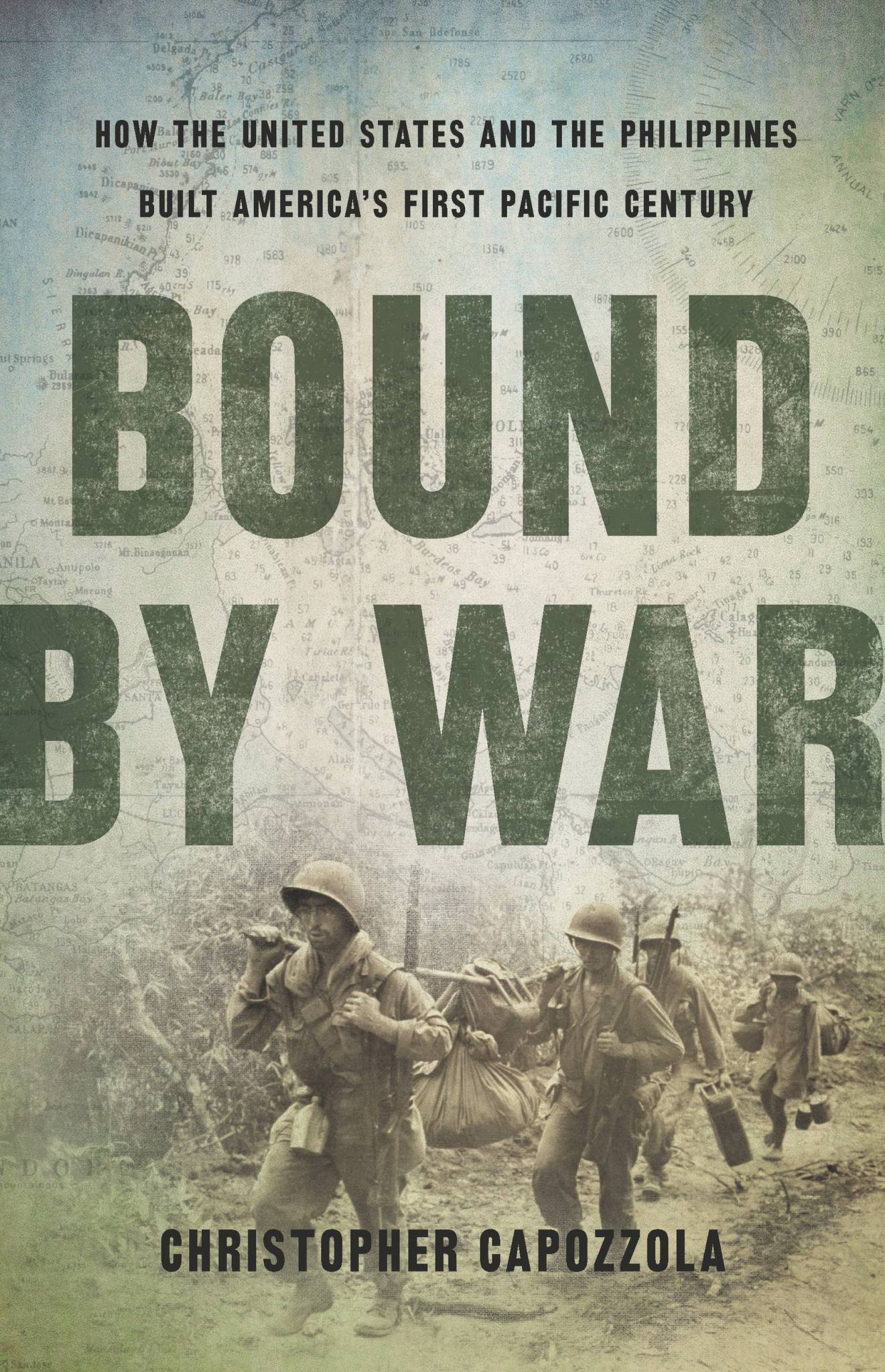In 1936, as the Great Depression overwhelmed the world and the threat of global war loomed, the United States aimed to build up military forces in the Philippines, its colony since 1898. Two years earlier, the United States had placed the Philippines on a ten-year path to independence under the Tydings-McDuffie Act. But independence demanded a Filipino, not US, army to defend the nation. The Americans expected to conscript ten thousand Filipinos for service in the Philippine Army, enticing them with the promise of a job.
Douglas MacArthur, a US Army general whose austere countenance concealed his obvious ego, led the effort as field marshal of the Philippine Army, wielding near-dictatorial power over the Philippines’ military and, soon, their political affairs. Yet when the Japanese invaded in January 1942, MacArthur’s efforts proved in vain — Japanese forces overwhelmed MacArthur and the Philippine Army in twelve weeks.
After MacArthur’s expulsion from the Philippines, his army remained, its troops scattered across the country. Some soldiers fought on behalf of the Americans, some allied with the Japanese. Others joined communist guerilla units to drive out both powers. MacArthur infamously vowed to return to the Philippines to reclaim victory — and he did in 1944. This time, MacArthur and the Americans overpowered the Japanese. Philippine independence, postponed by the Japanese occupation, became a reality in 1946.
America’s formal dispossession of the Philippines, and MacArthur’s concurrent transfer to Japan (which the US occupied under his command), birthed a new imperial moment for the United States. Filipino independence allowed the United States to reconstruct its Pacific empire under the guise of liberation through military dominance — an empire in service to the free world.
Historian Christopher Capozzola’s powerful new book, Bound by War, chronicles this history of America’s pre- and postwar empire in the Philippines and the broader Pacific. In Capozzola’s view, American and Filipinos’ experience of fighting and dying during the twentieth century wedded the two countries in an interminable and unequal union — their futures formed by an undying colonialism and the United States’ ascension to global primacy.
Filipinos’ participation in America’s way of war created these contorted bonds, Capozzola argues, but America’s desire for cheap, local (Filipino) labor maintained them. In its dependence on colonized laborers to run the colony, America’s empire was no different than the British and French empires of the twentieth century — each relied on local, cheap labor to maintain regional control and global influence. Unlike the British and French empires, though, labor on behalf of the military regularly became a means of obtaining social provisions in the United States after World War I.
